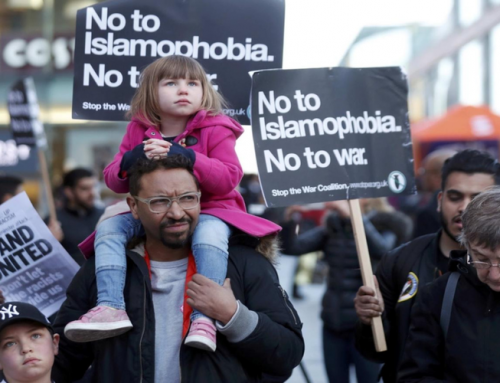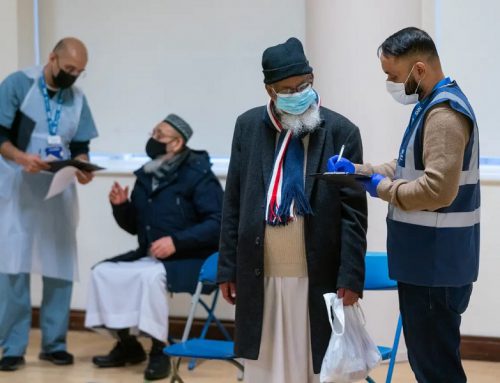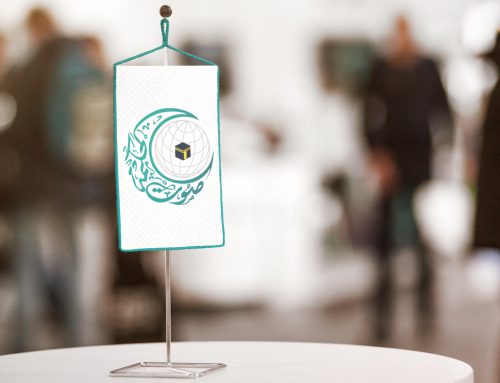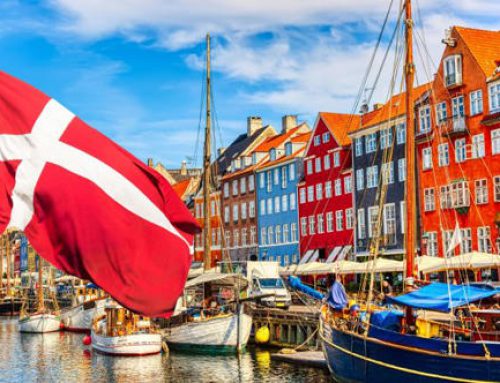By Tarek Ladjal
The Pact of Umar, written by the second Muslim Caliph Umar Ibn Al-Khattab, to the Christians of Jerusalem, in the year 15 H., is considered a landmark in the policy of Islam towards the followers of other faiths. It has become, over time, a source of pride for Islam, which advocated the values of tolerance in the middle ages, in which these values were not acceptable or palatable. In spite of the opinions raised about the existence of the Pact of Umar, such as those by Al-Yacoubi, Ibn Al-Batriq, Ibn Al-Jawzi, Al-Tabri, and Mujair Al-Din Al-Alimi, who acknowledged its existence, and such as Ibn Al-Ather, Al-Jawadi, Ibn Al-Jazri, Ibn Khaldun and al-Suyuti and others, who did not, the dispute among scholars has to do with the details of the pact and not if it existed or not. What makes the existence of this pact absolute, and written by Umar, is the fact that it is in line with and similar to the message of Prophet Mohammed (peace be upon him) and his letter to the Christians of Najran.
However, there is another famous text in the history of Islam, known as the Conditions of Umar, which differed from the Pact of Umar. These conditions present a large number of exclusions, adopt a policy based on discrimination and humiliation and construct a lot of barriers between Muslims and non-Muslims. It is strange that these conditions infiltrated into our religious jurisprudence and political heritage, and that many scholars circulated them without adopting a precise position regarding their roots or without paying attention to their apparent contradiction with the Pact of Umar, and which has a Muslim-consensus as to its validity. Moreover, it blatantly contradicts the Prophet’s approach to dealing with Christians and Jews and with the policy of mercy and tolerance that Islam has brought. I quote here the text of these conditions contained in one of its narrations by Abd-Allah, the son of Al-Imam Ahmad Ibn Hanbal, who said in his book, known as Zwaedih, which came as a completion to his father’s book, Almusnad, in which Abd-Allah said: Abu Sharhabil Al-Homsi told me that Abu al-Yaman (my uncle) and Abu Al-Mughira said: Ismail Ibn Ayyash told us that a man of knowledge said: Upper Mesopotamia (Aljazeera): (now known as the cities of Nineveh, Hasakah, Deir Al-Zour, Urfa and Diyar Bakr in Syria, Iraq and Turkey) to Abdul Rahman Bin Ghanem:” `In the Name of Allah, Most Gracious, Most Merciful. This is a document to the servant of Allah `Umar, the Leader of the faithful, from the Christians of Upper Mesopotamia. When you (Muslims) came to us, we requested safety for ourselves, children, property and followers of our religion. We made a condition on ourselves that we will neither erect in our areas a monastery, church, or a sanctuary for a monk, nor restore any place of worship that needs restoration nor use any of them for the purpose of enmity against Muslims. We will not prevent any Muslim from resting in our churches whether they come by day or night, and we will open the doors ﴿of our houses of worship﴾ for the wayfarer and passerby. Those Muslims, who come as guests, will enjoy boarding and food for three days. We will not allow a spy against Muslims into our churches and homes or hide deceit ﴿or betrayal﴾ against Muslims. We will not teach our children the Qur’an, publicize practices of Shirk, invite anyone to Shirk or prevent any of our fellows from embracing Islam, if they choose to do so. We will respect Muslims, move from the places we sit in if they choose to sit in them. We will not imitate their clothing, caps, turbans, sandals, hairstyles, speech, nicknames and title names, or ride on saddles, hang swords on the shoulders, collect weapons of any kind or carry these weapons. We will not encrypt our stamps in Arabic, or sell liquor. We will have the front of our hair cut, wear our customary clothes wherever we are, wear belts around our waist, refrain from erecting crosses on the outside of our churches and demonstrating them and our books in public in Muslim fairways and markets. We will not sound the bells in our churches, except discretely, or raise our voices while reciting our holy books inside our churches in the presence of Muslims, nor raise our voices ﴿with prayer﴾ at our funerals, or light torches in funeral processions in the fairways of Muslims, or their markets. We will not bury our dead next to Muslim dead, or buy servants who were captured by Muslims. We will be guides for Muslims and refrain from breaching their privacy in their homes.’ When I gave this document to `Umar, he added to it, `We will not beat any Muslim. These are the conditions that we set against ourselves and followers of our religion in return for safety and protection. If we break any of these promises that we set for your benefit against ourselves, then our Dhimmah (promise of protection) is broken and you are allowed to do with us what you are allowed of people of defiance and rebellion.”’ In the second part of this article, we will investigate the validity and the authenticity of these conditions, and proves its strangeness and weakness.
*Dr.Tarik Ladjal is Professor of History at Effat University in Jeddah, Saudi Arabia





